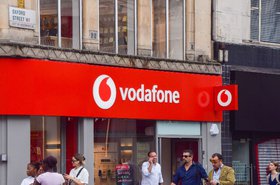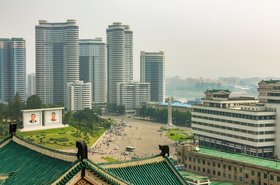The UK's Competition and Markets Authority (CMA) has called on interested third parties to comment on the impact that the proposed Vodafone and Three merger will have on the industry.
In a statement, the regulator said it wanted to gauge early comments, ahead of a formal investigation into the merger.
"We will be carefully considering how this deal may affect competition in the UK, which could affect the options and prices available to customers. We will also assess how it may affect incentives to invest in the quality of UK mobile networks," said Sarah Cardell, chief executive of the CMA.
"This is an opportunity for those with an interest in this merger to let us know their views before we launch a full investigation."
The CMA isn't able to consider wider effects that a merger might have, such as on employment or access to personal data, but instead focuses on how the deal could impact competition in the UK market.
Vodafone and Three agreed to a £15 billion ($18.5bn) merger in June to create the UK's biggest mobile operator, with 27 million combined subscribers.
First announced last October, the merger will give Vodafone a 51 percent majority stake in the combined entity, currently labeled as "MergeCo," with CK Hutchison's Three holding the remaining 49 percent.
Vodafone said it expects the deal, which will consolidate the UK telcos from four to three, to close by the end of 2024.
No cash is expected to change hands. The deal will be completed through a debt adjustment, with Three transferring £1.7bn to the new company.
Not everyone supports the merger
The potential merger has been slammed by the Unite union as "dangerous," and a threat to the UK's national security.
Last month, Unite urged the government to question Three's parent company CK Group’s ties to Beijing.
The union compiled a dossier noting its doubts ahead of a deal.
Within this report, Unite claims that senior CK Group executives sit on Chinese government committees and have access to the Chinese political elite.
Unite also notes that the Li family, which controls CK, is a prominent supporter of Hong Kong’s pro-Beijing chief executive John Lee. The union also points out that Lee is in favor of the National Security Law (NSL), which gives police the power to monitor telecoms in Hong Kong.








